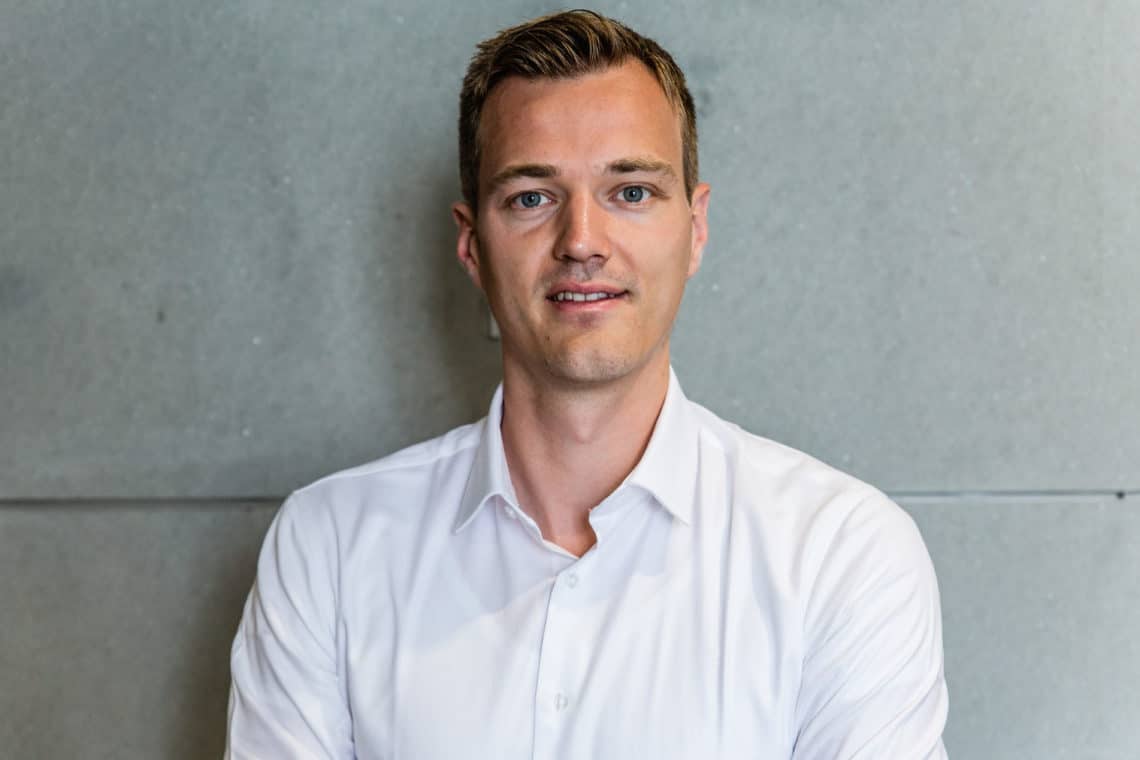1. Please tell us a bit about yourself, both at work and leisure.
I am Ralf, Co-Founder, and CEO of Fincite and Fincite Ventures. At Fincite, I have the privilege to run our Grow-Team. Our goal is to increase the company´s revenue with Marketing, Business Development, and Sales.
At Fincite Ventures, we are looking for promising, early stage start-ups in order to boost their growth with our Technology, HR services and financing network.
In my spare time, my 1-year-old son keeps me busy in the best way possible. Apart from that, I am a big fan of setting new sport challenges every year to experiment, challenge myself and of course enjoying life.
2. Which services do you sell and who are your competitors?
In a world where “offline financial advice” gets more expensive by the day, Fincite empowers retail banks, private banks, insurers, and asset managers to provide digital or digitally-empowered (hybrid) investment services to their clients. With our modular software Fincite.CIOS, we are able to seamlessly connect to several existing service models, channels, processes, and existing systems.
As competitors, we face either existing portfolio management or advice software as well as system integrators who develop and maintain bespoke software.
3. How did you get your start-up idea and how did you go about launching it?
Coming from the Analytics and Business Intelligence sector, we had a naïve fantasy. We wanted to create an intelligence engine, that applies algorithms to identify the individual next best action for each bank customer in order to automate financial advice. With this spirit in mind, we learned how to solve the main problem our customers face today.
Most banks lack the ability to innovate due to legacy systems which work with manual processes. This operation model does not only make innovation impossible but it also imposes the risk on the banks to fail at complying with frequently increasing regulations, such as MiFiD.
So, that´s why we built Fincite.CIOS, the modular software is able to map the specific investment services and processes of a bank to a fully-digital investment suite. CIOS unites three different kinds of software systems banks are using today for: Wealth Aggregation, Financial Advice & Planning, and Portfolio Management.
4. How did you finance your start-up, and what learnings would you like to share from the fund-raising journey?
We are completely revenue-funded and have never taken any investments. This gave us the freedom to focus on our clients and product.
5. What areas within FinTech do you personally find most interesting and why?
There are many existing fields when you dig deeper into the value chain of investments and capital markets. The deeper you go into Asset Management and Capital Markets, the more you will find processes which are completely “offline”.
With Fincite Ventures we look a lot into marketplaces for illiquid asset classes as well as into back-office processes that could benefit from automation. Furthermore, Corporate Banking and Institutional Asset Management are also some years behind retail banking.
6. What opportunities do you see for FinTech startups in Europe, and how can we help?
As the whole industry matures and moves to growth stages, startups are expanding in scope but also geographically. Local Go To Markets could be a support field for FinTech Forum.
7. What tip would you like to give FinTech entrepreneurs?
Specific advice always beats generic advice.
We get overloaded with generic advice and very often one generic advice contradicts the other.
Some advisors will tell you to focus, and others to experiment. Some might tell you: “take all the money you can”, whereas others to raise as late as possible. The correct answer or advise depends on your ambition, timing, market, product, and on so many other factors. So, there is no generic advice from me here except for: don’t follow generic advice. Instead try to get as much specific advice from trusted sources as possible.

